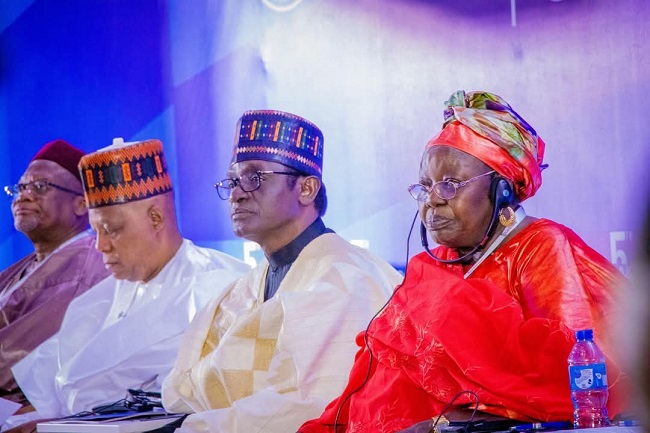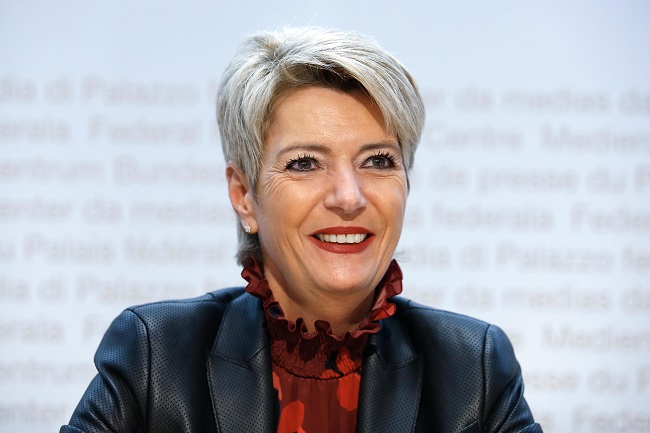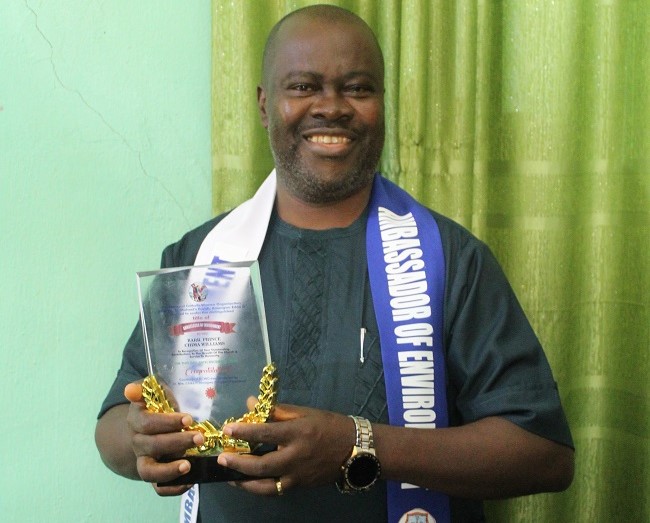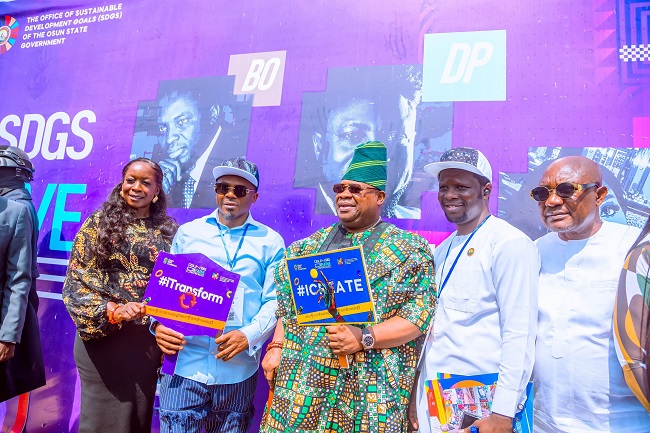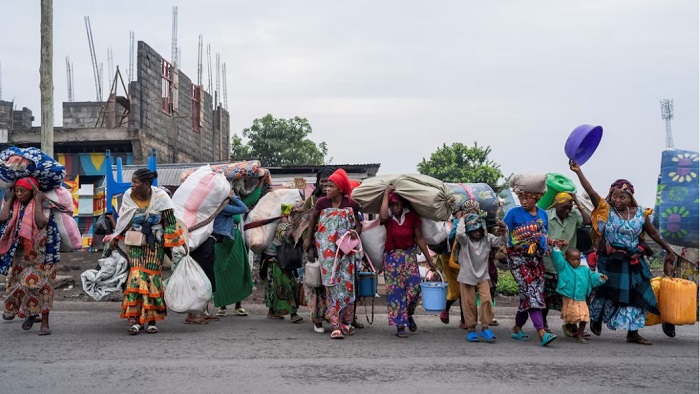The Food and Agriculture Organisation (FAO) on Thursday, January 30, 2025, said the number of people facing food insecurity in West Africa has risen to 50 million.
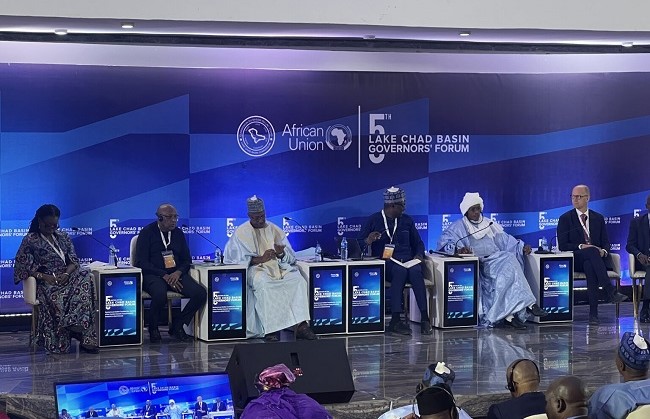
FAO Country Representative, Kofi Dominic, who gave the alarming statistic at a panelist session in the ongoing 5th Lake Chad Governors’ Forum in Maiduguri, Nigeria, said that the figure indicated a sharp increase of 35 million in just five years.
The envoy, therefore, called for urgent intervention to prevent further deterioration of the region’s food crisis.
“In 2020, there were 15 million people in food insecurity across West Africa.
“Today, that number has surged to 50 million despite all efforts in agriculture, livestock, and food distribution,” Dominic said.
He, however, attributed the crisis to three major factors: conflict, climate change, and economic shocks, which have severely disrupted food production and supply chains across the region.
“Last year alone, 15 countries in West and Central Africa experienced devastating floods, affecting nearly seven million people.
“In Nigeria, floods destroyed 850,000 metric tons of food – enough to feed eight million people for six months,” the envoy said.
Dominic stressed the urgency of shifting from short term humanitarian aid to sustainable, long-term solutions, including large scale investment in agriculture, climate resilient seeds, and improved irrigation systems.
He commended the collaboration between FAO, the Nigerian government, and state authorities, adding that the Governor of Borno, Prof. Babagana Zulum, has indicated commitment to addressing food security challenges.
“With only five years remaining to meet the global target of zero hunger by 2030,” the envoy said.
Dominic also called on the donor agencies, governments, and private sector stakeholders to take immediate action.
“The pace at which food insecurity is growing demands urgent investment and coordinated efforts to reverse this trend before more lives are lost to hunger and malnutrition,
The FAO’s latest figures underscore the severity of the crisis and the need for a comprehensive response to secure food access for millions across the region,” he said.
Also speaking, David Stevenson, the Country Representative for the World Food Programme (WFP), highlighted the severity of the crisis in the region.
He said that the region was grappling with numerous challenges, including climate change, conflict, and displacement, which have exacerbated food shortages.
“Currently, over 7 million people in the Lake Chad Basin are food insecure, and this figure continues to rise as the crisis deepens.
“In addition, we are witnessing the displacement of over 3 million people across the region, with acute shortages of medical services and essential supplies,” Stevenson said.
The WFP representative further explained that crop agriculture, particularly the cultivation of high value crops like cowpeas, moringa, and hibiscus, holds immense potential for transforming the region’s economy and addressing food insecurity.
He stressed the need for innovative solutions to modernise traditional agricultural systems, alongside efforts to restore ecosystems and mitigate climate change.
“The region has a rich history of cross-border trade and agricultural productivity, but the challenges of today require a shift towards scientific and sustainable farming practices.
“With the right investment and political commitment, we can unlock billions of dollars in economic potential,” Stevenson added.
He also stressed the importance of cooperation between countries in the basin, pointing out that regional partnerships, involving the Lake Chad Basin Commission (LCBC) would be critical in achieving long term solutions.
By Hamza Suleiman


